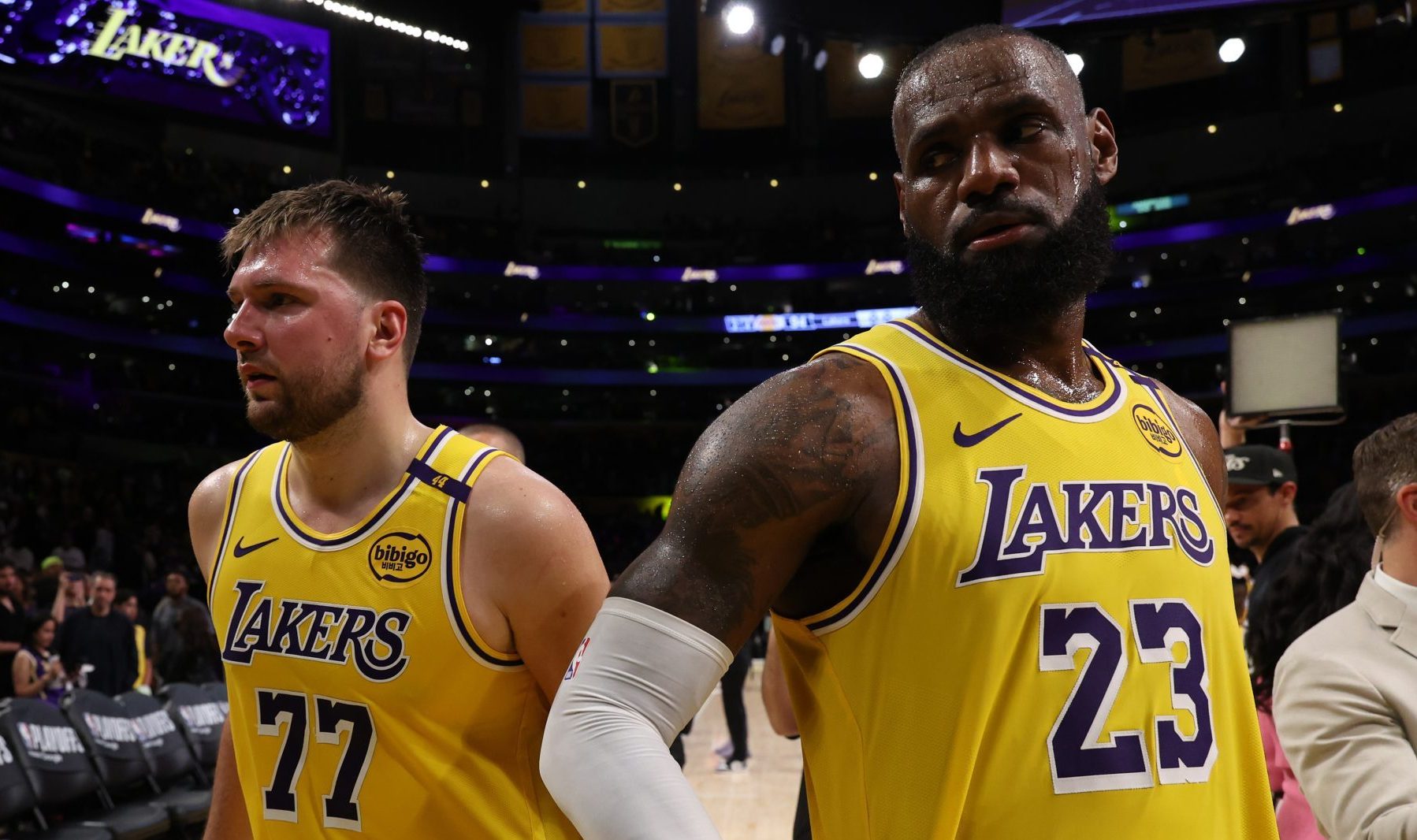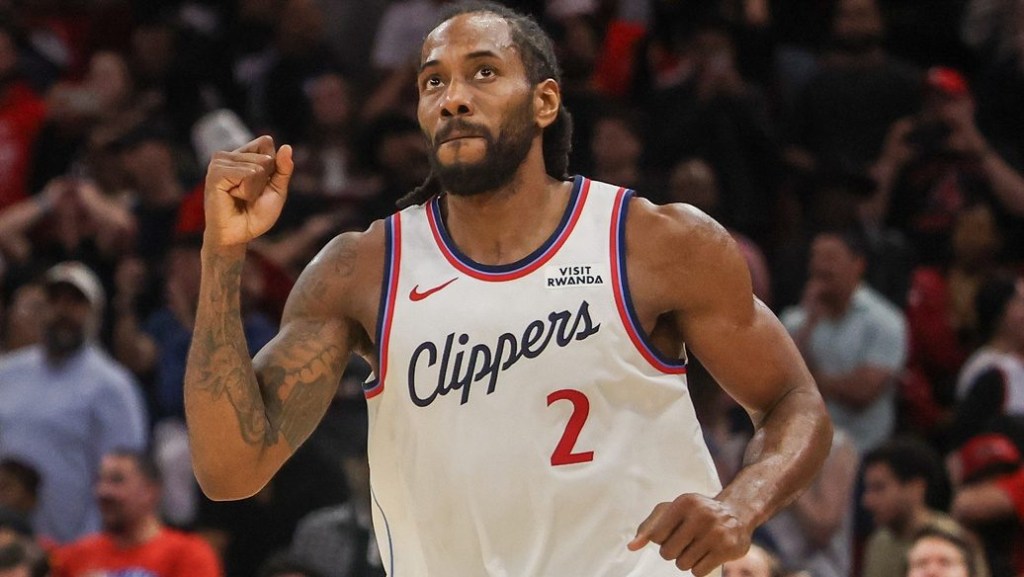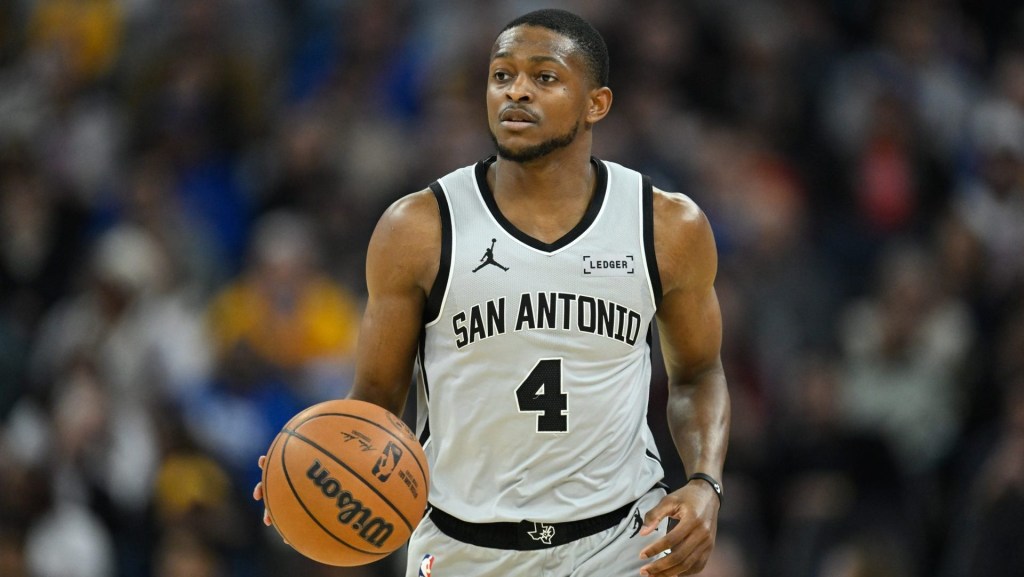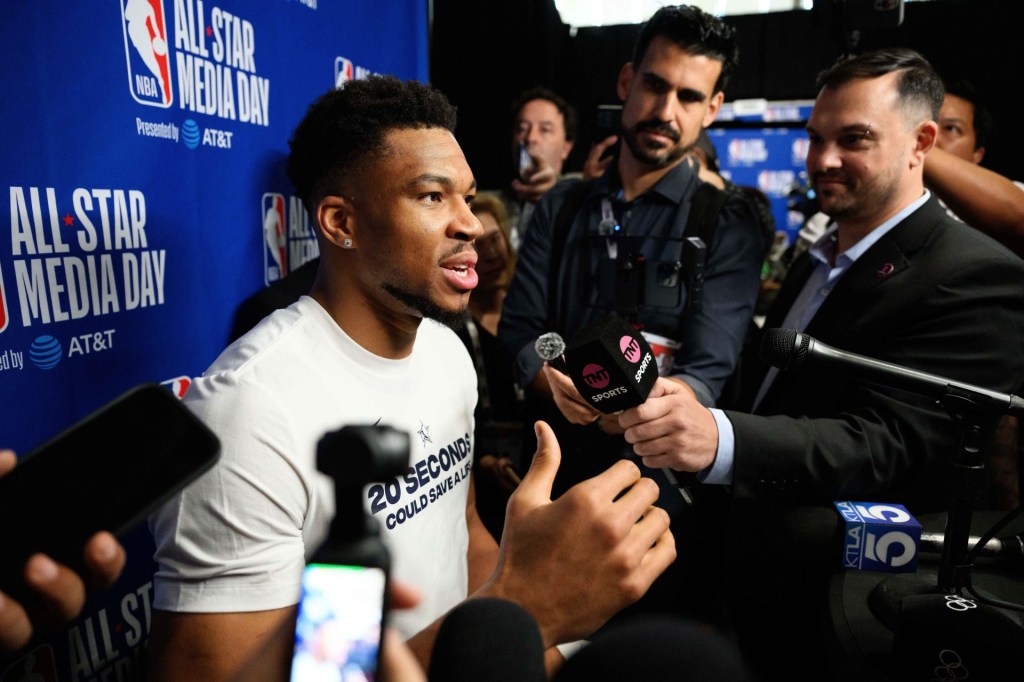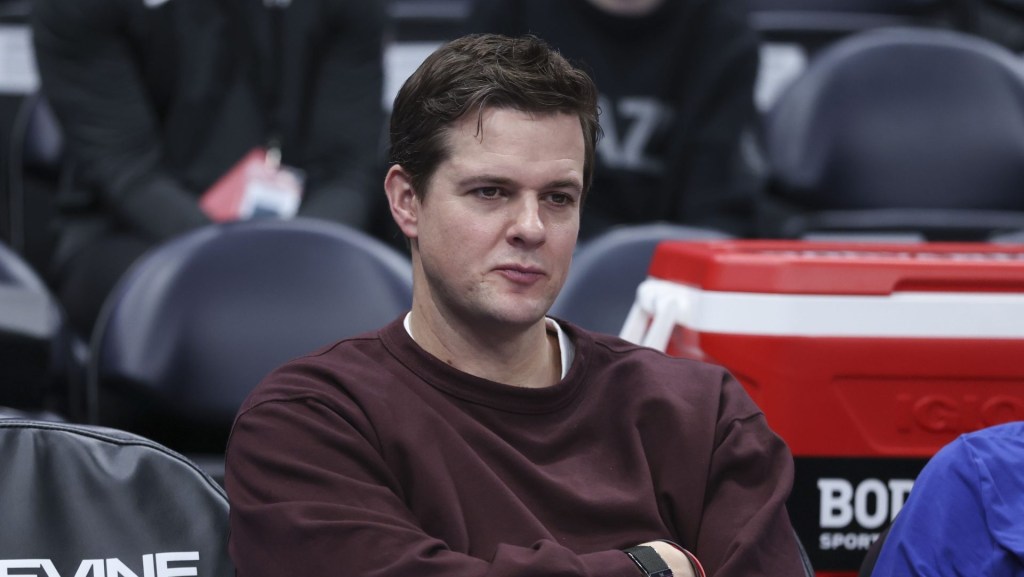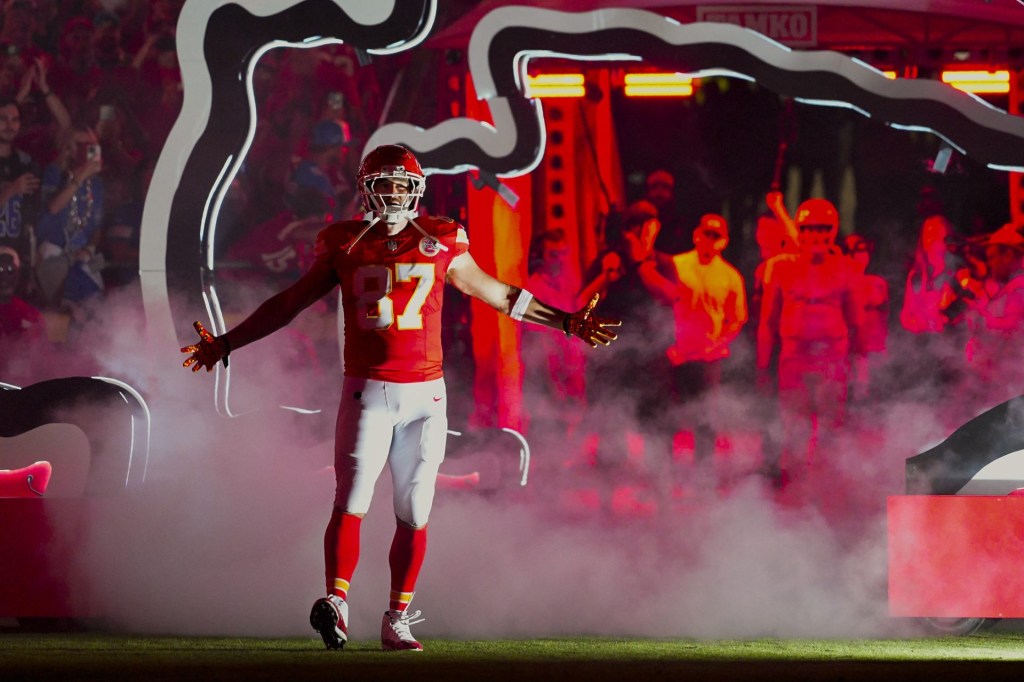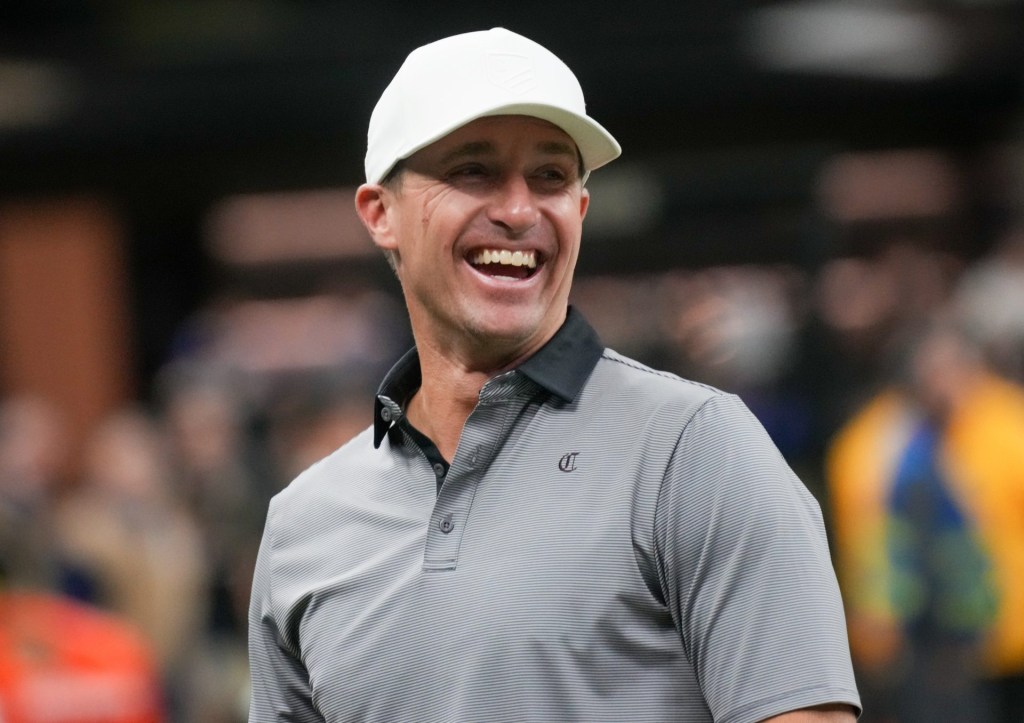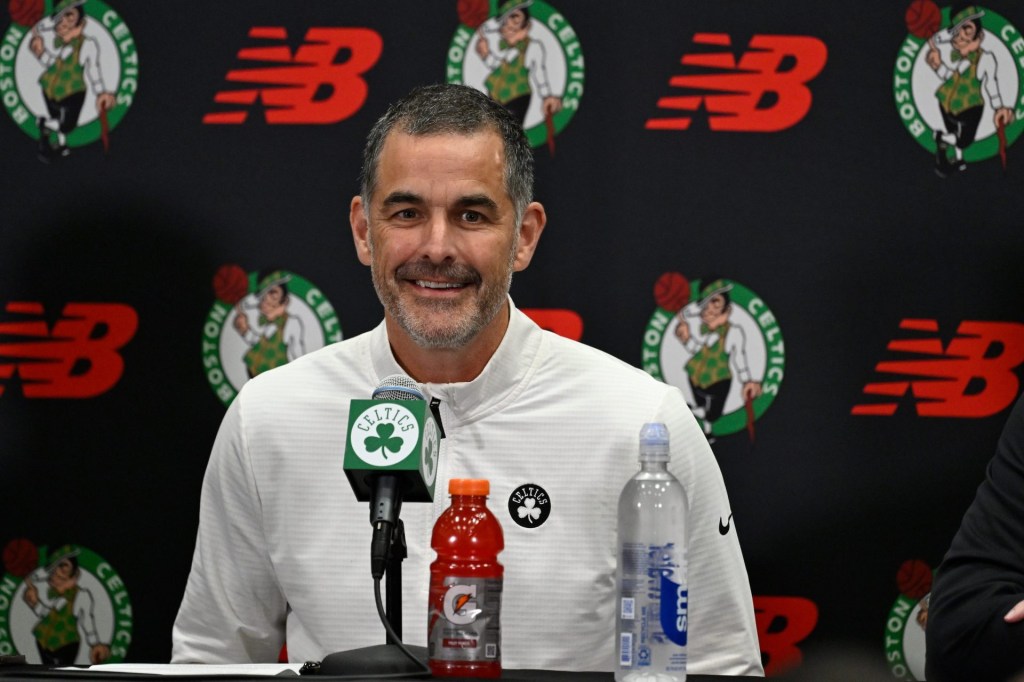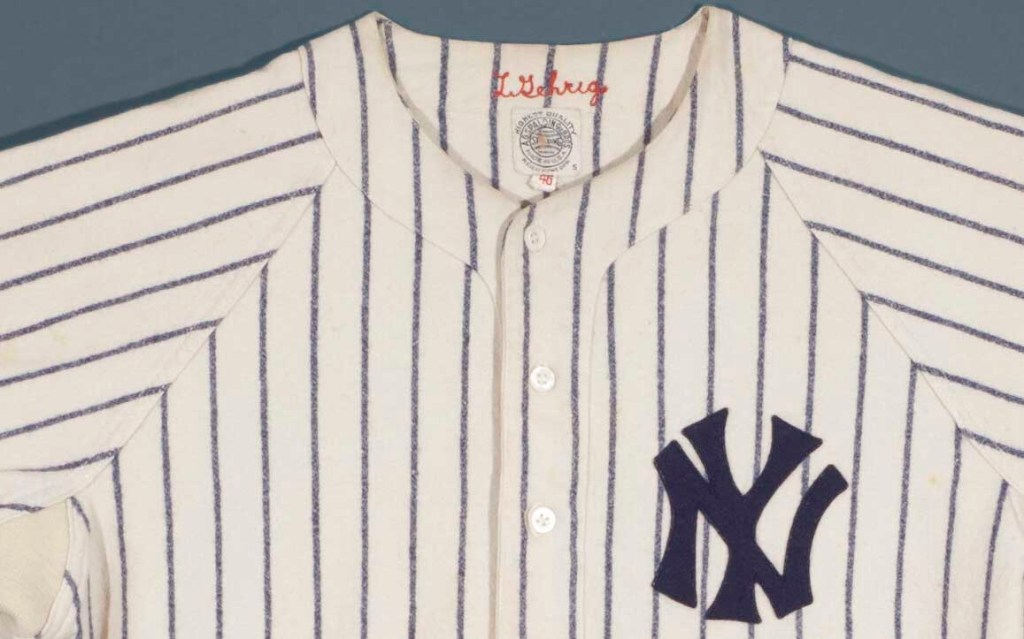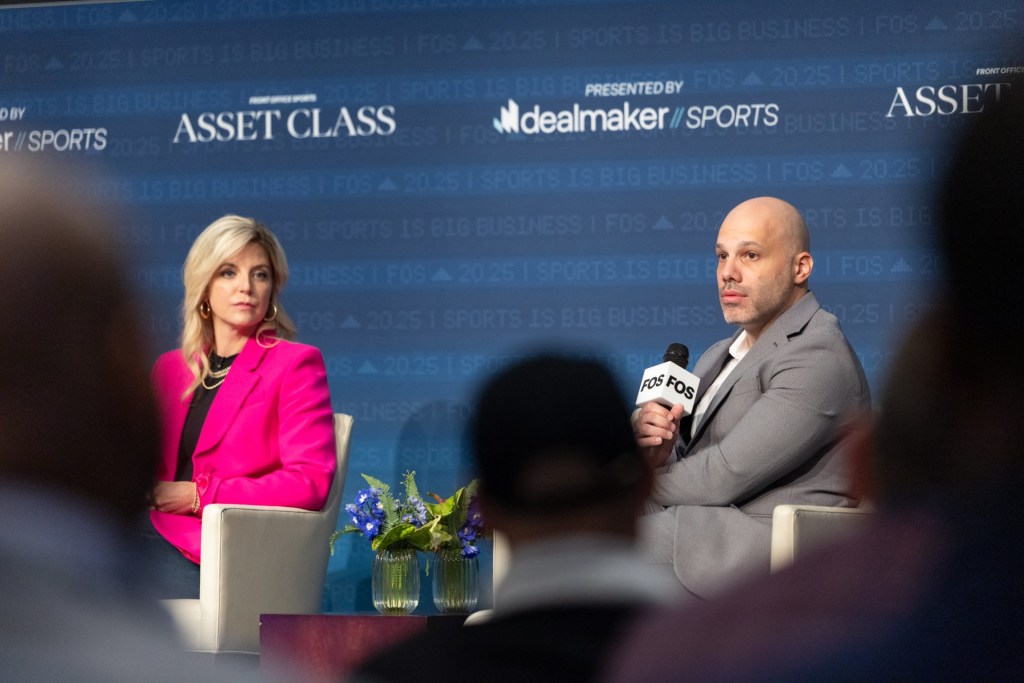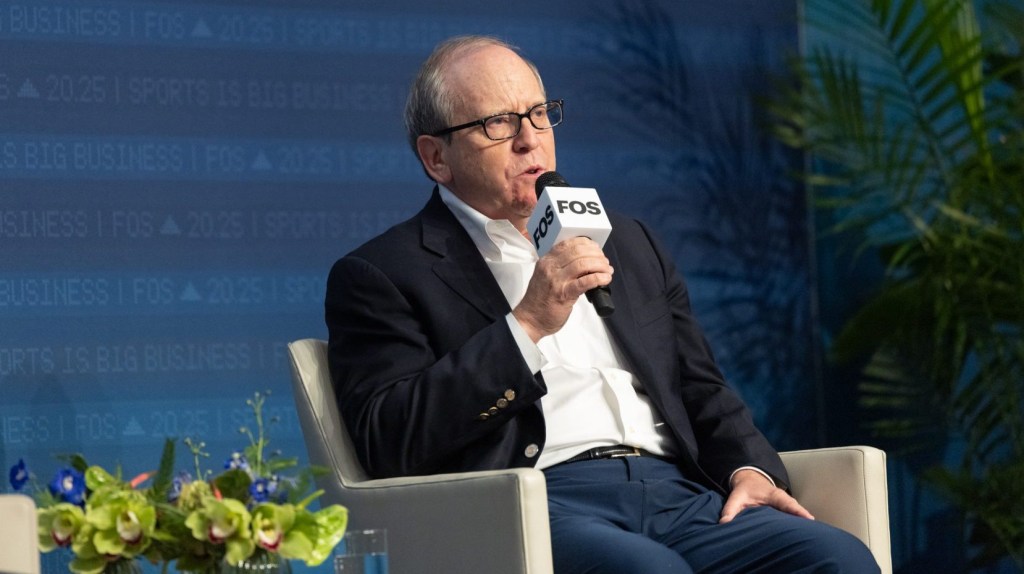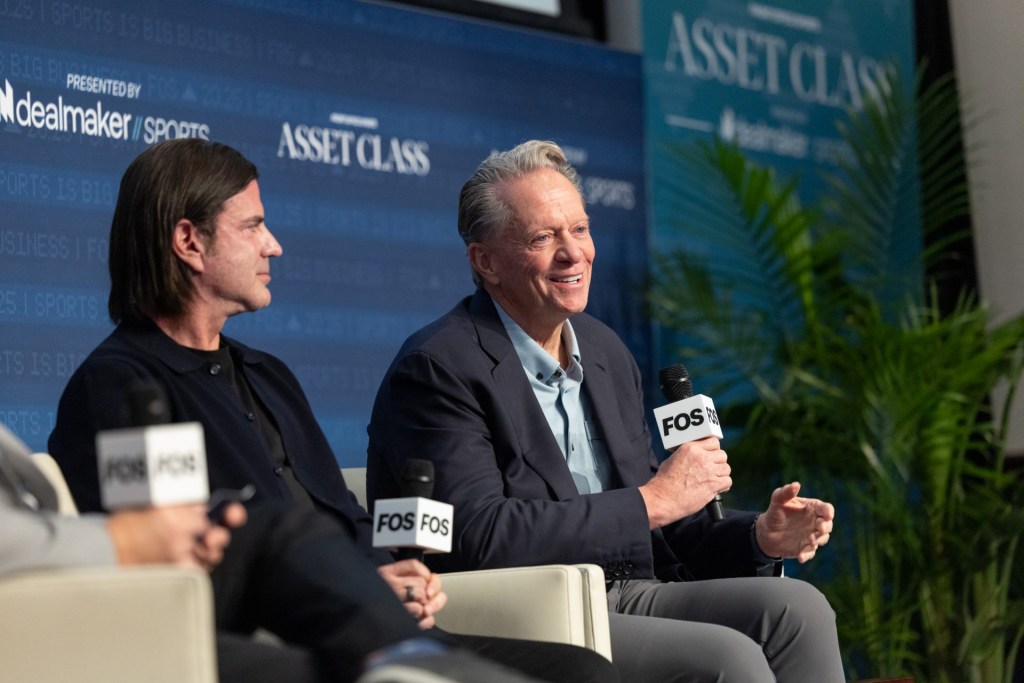The news that the Buss family will sell majority control of the Lakers to current minority owner Mark Walter is a market-reset shockwave for NBA franchise valuations and possibly for the other big men’s pro leagues as well.
$10 billion is a massive number that will hog all the attention, but viewed from another angle, it’s exactly the leg higher everyone could have seen coming for a marquee franchise as price tags have accelerated dramatically.
Here are my first three thoughts as I ponder it all on Wednesday night.
1. What peak?
Right here in this newsletter on June 7, I wrote about the then-record $6.1 billion price tag on the Celtics sale and asked how long that record would last before another sale topped it. The answer was 11 days. Onlookers had rightfully asked whether NBA valuations could keep going up, up, up, and my biggest takeaway from this $10 billion figure for the Lakers is that there’s no ceiling in sight.
Bruin Capital CEO and former Nascar and IMG exec George Pyne recently told me pro sports franchises have “been durable over thirty years… appreciated in value in double-digit CAGRs” and have been “pretty recession-proof.” So why would this be the peak? If the Lakers can go for $10 billion, imagine what the Cowboys, Giants, or Patriots could sell for.
2. It’s hard to walk away
Reports that Jeanie Buss plans to stay on as the team’s governor for a few years even after she’s given up majority control make this the third NBA sale plan in recent memory to involve a lingering majority owner. What was unusual is becoming usual.
Mark Cuban sold the Mavericks to the Adelson family in 2023 and has stuck around (initially saying he’d remain the decision-maker, but that has not been the case); Wyc Grousbeck is selling the Celtics to Bill Chisholm but plans to hang around as governor through 2028. All of this after Adam Silver has been saying since April of last year that he doesn’t like “staged transactions” in which the governor of the team sticks around even once they are not the majority owner. Yet the league continues to allow them.
3. Welcome to the era of team ownership portfolios
Mark Walter may not be an instantly recognizable face to the average sports fan a la Cuban, Jerry Jones, or Bob Kraft, but Dodgers fans certainly know him, and now everyone will. He’s the CEO of Guggenheim Partners and thus primary owner of the Dodgers; already a minority owner in the Lakers; has ownership stakes in the LA Sparks, Chelsea FC in the Premier League, RC Strasbourg in Ligue 1, and Cadillac’s F1 team; personally financed the launch of the PWHL; and owns Gainbridge, the annuities company whose name adorns the arena that is home to Caitlin Clark and the Fever and Tyrese Halliburton and the Pacers.
Ted Leonsis, in the latest episode of our Portfolio Players series, was just making this exact argument: that the future of ownership lies in bundling multiple teams and assets. Leonsis’s Monumental Sports & Entertainment owns an NBA team (Wizards), WNBA team (Mystics), NHL team (Capitals), arena (Capital One), and local TV network (Monumental Sports Network).
Leonsis told me his whole portfolio is probably worth $7 billion, and acknowledged that’s what NFL teams are going for nowadays. (Wait five minutes and that’ll go up.) But he said he wouldn’t trade his assets for an NFL team: “It’s a team versus all these assets… Don’t sell short these conglomerates that own an NBA, WNBA [team]… We’re few and far between.” As examples, he referenced Rogers Communications (Blue Jays, SkyDome, and 75% of Maple Leafs Sports & Entertainment) and Liberty Media (F1 and the Atlanta Braves until a 2023 spinoff), but those are publicly traded companies.
There are obvious synergies to owning a team, the arena it plays in, and the network that airs the games. And multiple teams. And indoor venues where you can host non-sports events. I expect privately held sports ownership conglomerates like Leonsis’s and Walter’s to multiply.
